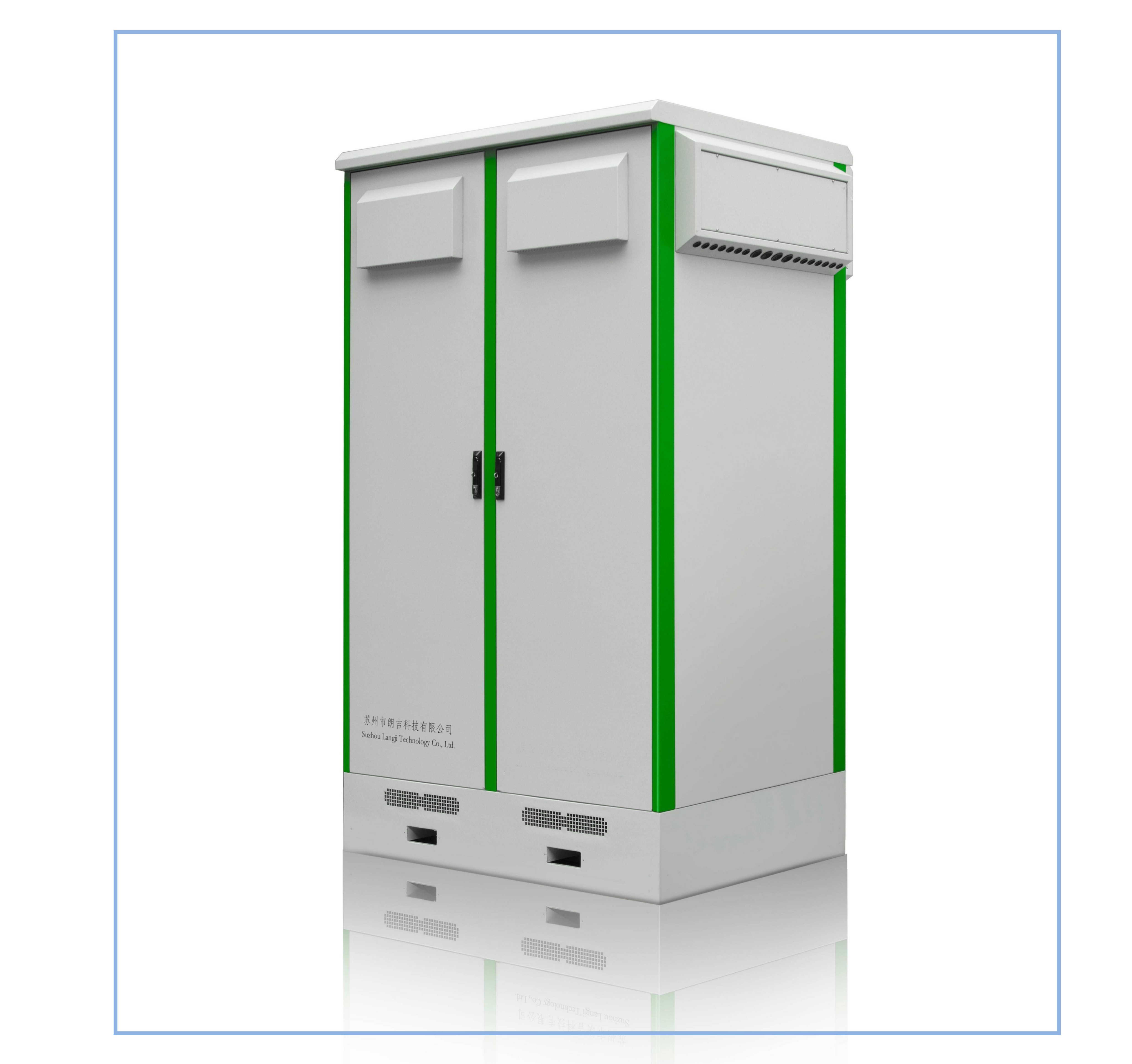
12월 . 10, 2024 03:33 Back to list
Advancements in Commercial Energy Storage Solutions for Enhanced Efficiency and Sustainability
The Rise of Commercial Energy Storage Products
In recent years, the global energy landscape has undergone significant transformations, driven by the urgent need for sustainable energy solutions and the integration of renewable energy sources. Among the most promising innovations supporting this transition are commercial energy storage products. These systems play a crucial role in enhancing energy reliability, efficiency, and sustainability, making them indispensable for businesses aiming to navigate the complexities of modern energy demands.
What is Commercial Energy Storage?
Commercial energy storage refers to technologies and systems that store energy produced from various sources, which can be utilized during periods of high demand or when generation is low. The most common form of energy storage in commercial applications is battery storage, particularly lithium-ion batteries, which have gained popularity due to their efficiency, scalability, and declining costs.
However, energy storage is not limited to batteries alone. Other technologies, such as thermal storage, flywheels, and pumped hydro storage, contribute to the commercial landscape as well. These systems serve diverse purposes, including load shifting, backup power, frequency regulation, and demand response, providing commercial entities with a broad array of options tailored to their specific needs.
Benefits of Commercial Energy Storage
1. Cost Savings One of the primary advantages of commercial energy storage is its potential for cost reduction. By storing energy during off-peak hours when electricity prices are lower and discharging it during peak hours when prices rise, businesses can significantly lower their energy expenses. Moreover, energy storage systems can help mitigate demand charges on utility bills, further enhancing overall savings.
2. Energy Reliability For many businesses, uninterrupted power supply is critical. Energy storage systems provide backup power during outages or periods of high demand, ensuring that operations remain stable. This reliability is particularly vital for industries such as healthcare, data centers, and manufacturing, where downtime can result in substantial losses.
3. Sustainability As the emphasis on corporate social responsibility grows, businesses are under increasing pressure to adopt environmentally friendly practices. Commercial energy storage systems facilitate the integration of renewable energy sources like solar and wind, enabling companies to reduce their carbon footprint. By storing excess renewable energy generated during peak production times, businesses can utilize this clean energy, promoting sustainability and enhancing their brand image.
4. Grid Support Commercial energy storage systems contribute to grid stability by providing ancillary services such as frequency regulation and voltage support. During high-demand periods, these systems can discharge stored energy, helping to balance supply and demand on the grid and potentially avoiding costly infrastructure upgrades.
commercial energy storage product

5. Regulatory Incentives Many governments offer incentives to encourage the adoption of energy storage systems, including tax credits, grants, and rebates. These financial incentives can significantly reduce the upfront costs associated with deploying energy storage solutions, making them more accessible to businesses of all sizes.
Challenges and Considerations
Despite the numerous benefits, businesses considering commercial energy storage must navigate several challenges. Initial capital investment can still be substantial, although prices are declining. Additionally, the technology's lifespan, maintenance requirements, and operational complexities may pose further considerations.
Moreover, regulatory frameworks governing energy storage and grid interconnections vary significantly by region. Understanding these regulations is crucial for businesses to harness the full potential of energy storage solutions effectively.
Future Prospects
Looking ahead, the commercial energy storage market is poised for continued growth. As the energy transition accelerates and innovative technologies emerge, the efficiency and affordability of energy storage systems will only improve. Enhanced battery technologies, such as solid-state batteries, and advancements in artificial intelligence for energy management, are set to revolutionize the sector.
Moreover, as more companies commit to net-zero emissions targets, the demand for sustainable energy solutions, including commercial energy storage products, will surge. Businesses that invest in these solutions today are not only positioning themselves competitively for the future but are also playing a vital role in the global shift towards a more resilient and sustainable energy system.
Conclusion
Commercial energy storage products are becoming a cornerstone of modern energy management strategies. The myriad benefits they offer—cost savings, energy reliability, sustainability, grid support, and regulatory incentives—make them an appealing choice for businesses aiming to thrive in a rapidly evolving energy landscape. As technology continues to advance and the market expands, commercial energy storage is set to become an essential component of our energy future.
-
Advanced Energy Management Systems: Optimize & Save Costs
NewsAug.19,2025
-
Smart Energy Management System: Control & Monitor Usage
NewsAug.18,2025
-
EMS for Advanced Energy Management & Storage
NewsAug.17,2025
-
Boost Efficiency with Smart EMS Energy Management Systems
NewsAug.16,2025
-
Energy Management System (EMS): Optimize & Save Energy Costs
NewsAug.15,2025
-
Intelligent Energy Management: Save & Control Your Power
NewsAug.14,2025


